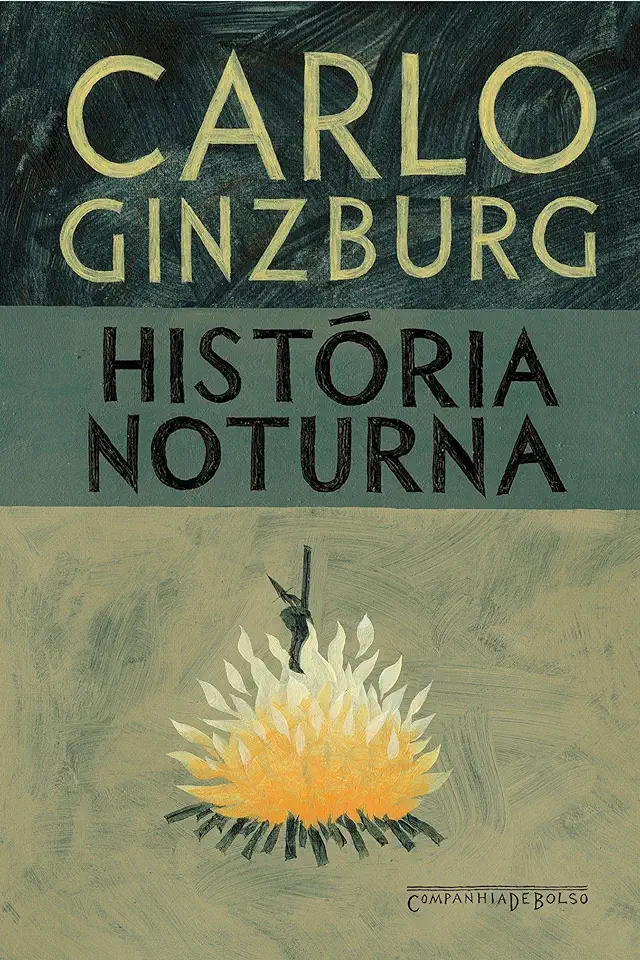
Night Battles: Witchcraft and Agrarian Cults in the Sixteenth and Seventeenth Centuries
Night Battles: Witchcraft and Agrarian Cults in the Sixteenth and Seventeenth Centuries
A Journey into the Dark Side of Early Modern Europe
In "Night Battles: Witchcraft and Agrarian Cults in the Sixteenth and Seventeenth Centuries," Carlo Ginzburg takes readers on a captivating journey into the hidden world of witchcraft and agrarian cults that flourished in early modern Europe. This groundbreaking work, originally published in Italian in 1989 and now available in a masterful English translation, sheds new light on the beliefs, practices, and social dynamics of these marginalized groups, challenging traditional interpretations and offering a fresh perspective on a crucial period in European history.
Unraveling the Enigma of Benandanti
At the heart of Ginzburg's exploration lies the enigmatic figure of the benandanti, a group of men and women from the Friuli region of northeastern Italy who believed themselves to be endowed with supernatural powers. According to their beliefs, the benandanti engaged in nightly battles against witches and other malevolent forces to ensure the fertility of the land and the well-being of their community.
A Tapestry of Beliefs and Rituals
Ginzburg meticulously reconstructs the intricate tapestry of beliefs and rituals associated with the benandanti, drawing upon a wealth of archival sources, including Inquisition records, trial transcripts, and ethnographic accounts. He vividly portrays their nocturnal journeys, their encounters with witches and demons, and their use of magical herbs and incantations.
Challenging Traditional Narratives
By delving into the world of the benandanti and other agrarian cults, Ginzburg challenges traditional narratives that portray witchcraft as a mere superstition or a product of mass hysteria. Instead, he argues that these beliefs and practices were deeply rooted in the social, economic, and cultural realities of early modern Europe.
A Window into the Lives of the Marginalized
"Night Battles" offers a unique window into the lives of marginalized groups who often remain hidden from historical records. Ginzburg's work gives voice to the beliefs and experiences of these individuals, providing a nuanced understanding of their worldview and their place within the broader social fabric of the time.
A Must-Read for Historians and Enthusiasts Alike
"Night Battles: Witchcraft and Agrarian Cults in the Sixteenth and Seventeenth Centuries" is a must-read for historians, anthropologists, and anyone interested in the study of witchcraft, agrarian societies, and the social history of early modern Europe. Ginzburg's masterful storytelling and rigorous scholarship make this book an essential addition to any library.
Praise for "Night Battles"
"A brilliant and original work that challenges our understanding of witchcraft and agrarian cults in early modern Europe. Ginzburg's meticulous research and engaging narrative make this book a must-read for anyone interested in the history of this fascinating period."
- Ronald Hutton, Professor of History, University of Bristol
"Ginzburg's work is a groundbreaking contribution to the study of witchcraft and agrarian cults. His insights into the beliefs and practices of these marginalized groups offer a fresh perspective on the social and cultural history of early modern Europe."
- Edward Muir, Professor of History, Northwestern University
"A fascinating and thought-provoking book that challenges traditional interpretations of witchcraft and agrarian cults. Ginzburg's work is a must-read for anyone interested in the history of this complex and often misunderstood phenomenon."
- Brian P. Levack, Professor of History, University of Texas at Austin